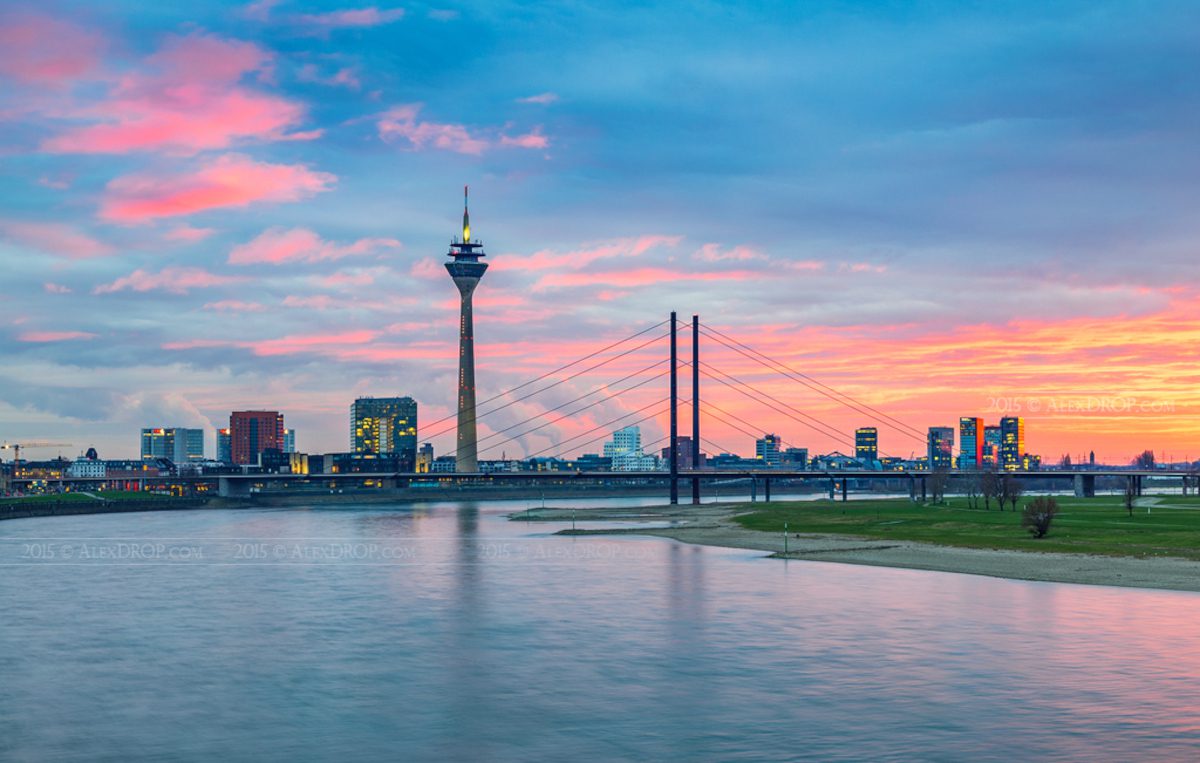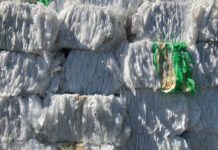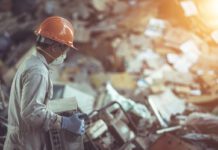
The first group of 15 start-ups has been welcomed to a new accelerator programme located in the Rhine Ruhr area of Germany, a region being positioned as an emerging “circular valley”, a hotspot for innovation in technologies that facilitate recycling and reuse.
The location of the bi-annual Circular Economy Accelerator program, Rhine Ruhr is also Germany’s biggest metropolitan area and includes cities like Cologne, Dortmund and Düsseldorf.
The Circular Valley initiative began in April 2021 with the backing of multinational firms, including management consultancy Kearney, the World Economic Forum, Bayer, Société Générale Equipment Finance/GEFA and Vorwerk (a firm distributing products including household appliances, fitted kitchens and cosmetics). It has so far welcomed over 50 partners, and received public funding to the tune of €3.6 million (from both the European Union and the State of North-Rhine Westphalia in Germany).
Dr. Carsten Gerhardt, Founder, Circular Valley, and Partner and Kearney commented: “The number of consumers and need for products will continue to grow over the next few years – a circular economy is the only solution to reduce the associated emissions instead of tripling them. With the formation of this foundation, our ambition is to grow the economy, drive valuable change, support innovation and protect the environment. We’ve already welcomed a promising group of innovative start-ups to our accelerator programme and look forward to supporting their growth.”
Yelena Ageyeva-Furman, Partner at Kearney, commented: “Our society faces a rising resource scarcity and waste problem, and we are running out of time. Our study shows that the value of a circular economy not only has an impact on the environment, but the bottom line, customer loyalty, and brand recognition for companies.
Our current linear economy poses a significant threat to the environment and us – we need a place to cooperate on solutions to reduce emissions and close cycles. We are proud to be working with Circular Valley to put circular principles into action.”
The 15 start-ups are listed below:
- b.fab (Germany) – Utilize CO2, and combine electro-chemistry and synthetic biology to produce proteins and chemicals.
- Carbonauten (Germany) – produce biocarbons from biogenic and industrial waste materials through pyrolytic carbonization.
- Ottan Studio (Turkey) – a green-tech start-up that develops and produces circular and durable bio-composite materials
- Waste to Resource Unit (Germany) – developed a fully automated container process for the bioconversion of food waste with microalgae to protein-rich biomass and simultaneous extraction of high-quality chemicals.
- Concular (Germany) – their solutions support the reuse of building materials in construction.
- Polycare Research (Germany, South Africa) – produces reusable building elements in a way that conserves materials and energy, and which seemingly allows even non-professionals to construct sustainable buildings without heavy construction equipment.
- Pika Diapers (Israel) – developed a machine that cleans reusable diapers in one step, allowing parents to throw the soiled diapers in the machine without prior cleaning,
- Plastic Fisher (Germany) – collects plastic from rivers to prevent it from entering the oceans by using locally-built and low-tech solutions.
- Proservation (Germany) – developed a shock-absorbing, insulating, form-fitted cushion packaging which is based on vegetable waste from the grain industry (the husks of the grain).
- RECO-E (Germany) – recycles electronic waste lossless and produces conflict free metal powders. Ingoing weight equals outgoing weight.
- Solar Materials (Germany) – is a high-tech solution for raw material recovery from solar panels through a thermo-mechanical process.
- EcoFoodly (France, Australia), aims to reduce food waste in supermarkets by connecting consumers via App to reduced priced food.
- Circular Economy Internet Society (The Netherlands; Denmark; Hong Kong; Canada) – seeks to digitalize the circular economy through an open software platform governed as a global public good.
- Fix First (Germany) – enables the ecosystem of local repair services providers, manufacturers, retailers by providing an instant error analysis and remote video consultations combined with booking options for inspections, repairs and recommendations for sustainable appliances
- Circularity (Germany, The Netherlands) – collects used workwear and turns it into new yarn, of which they produce T-shirts.







